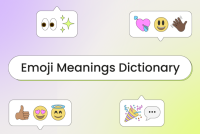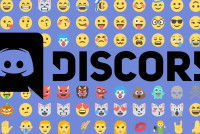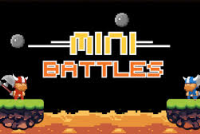emoji challenge












The Psychology of Gaming: Understanding the Emoji Challenge
Gaming, particularly challenges like the Emoji Challenge has become a popular way for people to engage with entertainment, offering an emotional and intellectual escape. Understanding why people play games involves exploring both emotional connections and cognitive benefits.
Why People Play Games
People are drawn to gaming for various reasons, from entertainment to social interaction. The Emoji Challenge, for example, offers a playful, non-competitive experience that encourages participation and creativity. Many gamers are motivated by the challenge itself and the satisfaction of completing tasks using nothing but emojis. This form of gaming allows players to express themselves in unique ways while feeling a sense of accomplishment.
Emotional Connections and Escapism
One key psychological reason people play games is escapism. Games like the Emoji Challenge offer players a chance to temporarily detach from reality, providing a sense of relaxation or emotional relief. Engaging with the game allows individuals to immerse themselves in an environment where they can explore different emotions without real-world consequences. This emotional connection creates a bond between the player and the game, making it an enjoyable way to manage stress and anxiety.
Cognitive Benefits: Problem-Solving and Strategic Thinking
Gaming also provides numerous cognitive benefits, particularly in problem-solving and strategic thinking. The Emoji Challenge involves recognizing patterns, interpreting abstract symbols, and creating sequences—all of which stimulate brain activity. These skills improve players' ability to think critically and develop strategies, which can translate to real-life problem-solving.
Potential Pitfalls: Addiction and Overuse
While gaming has its advantages, there are also potential pitfalls. The immersive nature of games like the Emoji Challenge can lead to addiction and overuse. Prolonged engagement can negatively impact daily routines and social relationships.
Striking a Balance for Healthy Gaming
To maintain a healthy relationship with gaming, it is essential to strike a balance. Set time limits, engage in other hobbies, and ensure that gaming remains a positive, non-obsessive activity.
Discuss: emoji challenge



















